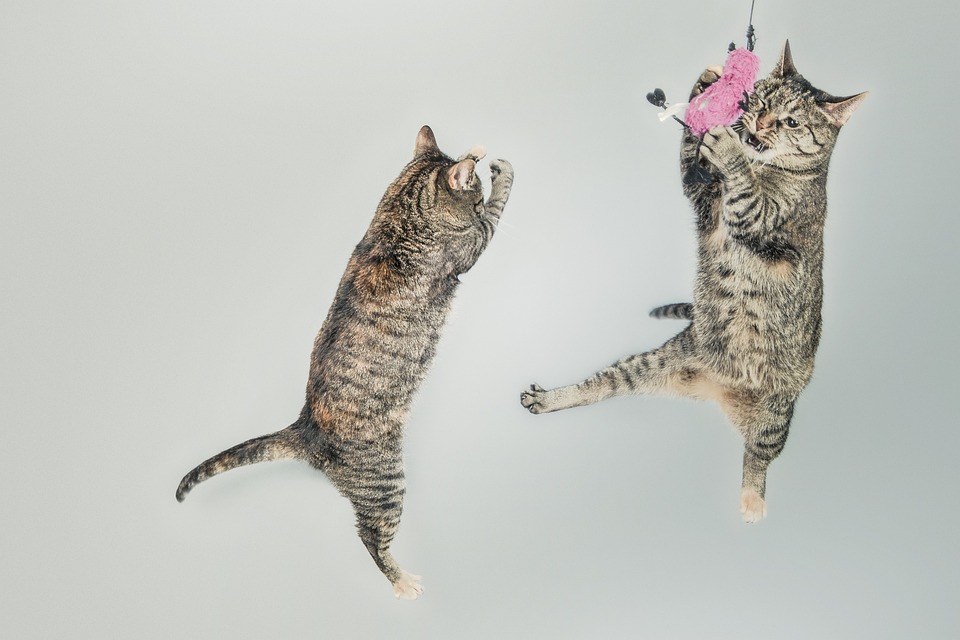Cats, like humans, can experience gastrointestinal issues that can lead to discomfort and health problems if left untreated. From simple dietary adjustments to regular vet check-ups, there are several ways you can prevent and manage these issues to ensure your furry friend stays happy and healthy. In this article, we will discuss various strategies and tips to help you prevent and manage gastrointestinal problems in cats.
Understanding Gastrointestinal Issues in Cats
Gastrointestinal issues in cats can range from mild, occasional upsets to more serious conditions such as inflammatory bowel disease (IBD) or gastrointestinal obstruction. These issues can cause symptoms like vomiting, diarrhea, constipation, loss of appetite, and weight loss. Understanding the underlying causes and taking preventive measures can play a crucial role in your cat’s overall digestive health.
Preventive Measures
1. Diet and Nutrition
Providing a well-balanced, high-quality diet is essential for preventing gastrointestinal issues in cats. Opt for premium cat food that contains easily digestible proteins, limited fillers, and no artificial additives. Consider feeding your cat smaller, frequent meals rather than one or two large meals. Additionally, avoid sudden changes in diet, as it can upset your cat’s digestive system.
2. Hydration
Proper hydration is vital for maintaining a healthy digestive tract. Ensure your cat always has access to fresh, clean water. Some cats prefer running water, so providing a water fountain can encourage them to drink more. Incorporating wet cat food into their diet can also increase their water intake.
3. Stress Reduction
Stress can negatively impact a cat’s digestive system. Create a calm and comfortable environment for your feline companion and minimize potential stressors such as loud noises, frequent changes in routine, or conflicts with other pets. Providing hiding spots, scratching posts, and interactive toys can also help alleviate stress.
Managing Gastrointestinal Issues
1. Identifying Symptoms
It’s important to be aware of common symptoms that may indicate gastrointestinal issues in your cat. These can include frequent vomiting, chronic diarrhea, straining during bowel movements, decreased appetite, excessive gas, or unexplained weight loss. If you notice any of these symptoms, it’s crucial to consult a veterinarian promptly.
2. Consulting a Veterinarian
If your cat exhibits persistent or severe gastrointestinal symptoms, consulting a veterinarian is crucial for an accurate diagnosis and appropriate treatment. The vet may perform physical examinations, conduct blood tests, or recommend imaging studies to identify the underlying cause of the problem.
3. Prescription Diets and Medications
In some cases, your vet may prescribe a specialized diet tailored to manage specific gastrointestinal conditions. These diets are formulated to be easily digestible and can help alleviate symptoms. Additionally, medications such as anti-nausea drugs or anti-inflammatory medications may be prescribed to provide relief.
4. Probiotics and Digestive Enzymes
Probiotics and digestive enzymes can be beneficial for cats with gastrointestinal issues. Probiotics help maintain a healthy balance of gut bacteria, while digestive enzymes aid in the breakdown and absorption of nutrients. Consult your veterinarian to determine the appropriate probiotic or enzyme supplement for your cat’s specific needs.
Frequently Asked Questions (FAQs)
Q1: Can stress cause gastrointestinal issues in cats?
A1: Yes, stress can disrupt a cat’s digestive system, leading to gastrointestinal issues. Minimizing stressors and providing a calm environment can help prevent such issues.
Q2: Are certain cat breeds more prone to gastrointestinal problems?
A2: While gastrointestinal issues can affect any breed, some breeds, such as Siamese and Maine Coons, may have a higher predisposition to certain conditions like IBD.
Q3: Can I use over-the-counter medications to treat my cat’s gastrointestinal issues?
A3: It’s crucial to consult a veterinarian before administering any medications to your cat. Over-the-counter medications can be harmful or ineffective, and only a vet can prescribe appropriate treatments.
Q4: Can a sudden change in diet cause gastrointestinal problems?
A4: Yes, sudden dietary changes can upset a cat’s digestive system. Gradual transitions between different diets are recommended to prevent gastrointestinal issues.
In conclusion, preventing and managing gastrointestinal issues in cats involves a combination of a proper diet, hydration, stress reduction, and prompt veterinary care. By being attentive to your cat’s digestive health and taking necessary precautions, you can help ensure their overall well-being and happiness.








